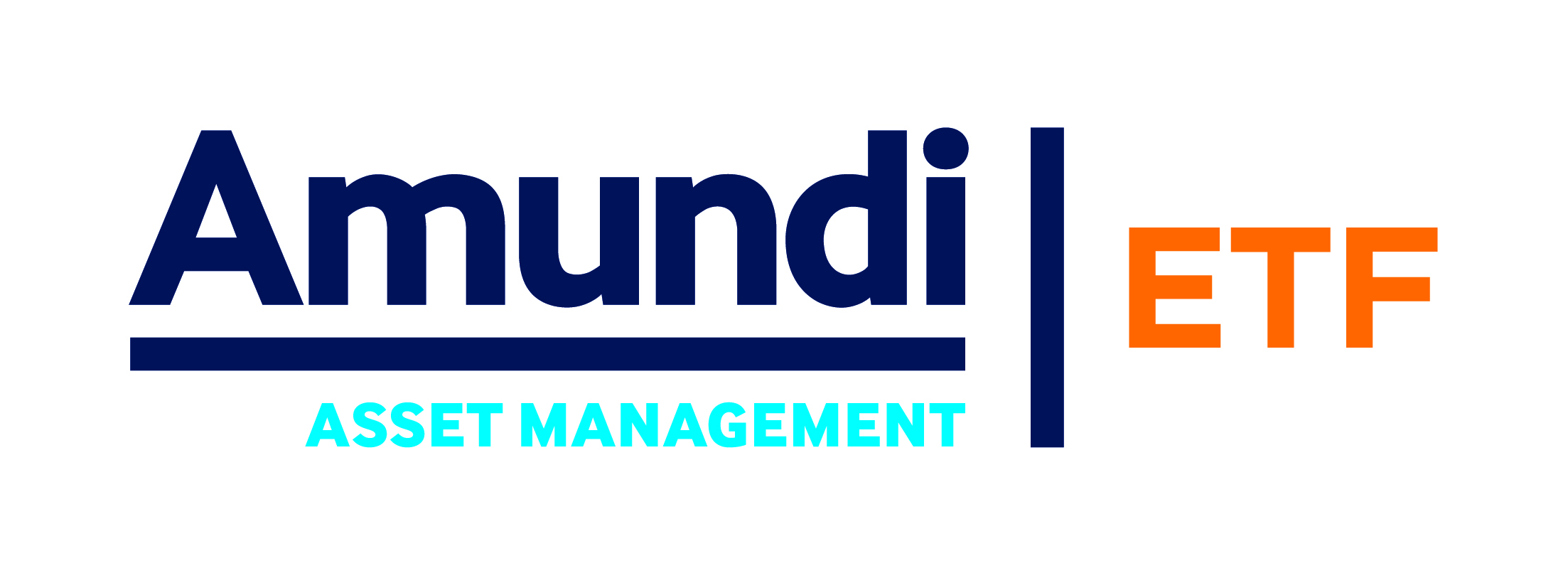Emerging market equities have got off to a good start in 2018, up 4% so far. And there's a good chance that trend will continue. That's because emerging markets are well placed to prosper as the unwinding of Quantitative Easing begins.
QE meant that asset allocators preferred the US and other developed markets over emerging markets. Central banks in developed markets printed money and then bought assets creating a long stock market boom. With that background, why invest money in emerging markets (EM) when there were easy profits to be made in the US? As a result EM shares, bonds and currencies performed relatively poorly.
The first glimmer of change came in December 2015 when the Fed's rate rise signalled the end of the trade. Jan Dehn, Ashmore's emerging markets guru, says that 2016 was a 'transition year' and that in 2017 the QE trades 'began to go into reverse.' In a recent research note, Dehn also says that the unwinding of QE will be a 'multi-year process' which will favour the euro over the dollar, and European stocks and bonds over US stocks and bonds. But the biggest gains will be in EM markets because 'they were the only markets to cheapen during the 2010 to 2015 period.'
Dehn admits there will be volatility along the way, but there will be a clear trend in favour of emerging markets. What's more, the arrival of more cash should boost fundamentals as most emerging markets are 'finance-constrained', according to Dehn.
I agree with Dehn's argument. In a world where the vast majority of assets seem overpriced, EM equities look more reasonable. Of course, they're not a one-way bet as there are always political concerns, and worries about Chinese debt haven't completely gone away. But overall I'm happy to have a sizeable chunk of my portfolio in emerging markets.
Dehn has also made a few interesting comments about individual countries:
China
The persistent worry with China is debt, so it's good to see that the Chinese government is focusing on curbing financial risks as well as fighting poverty and bringing down inflation. Dehn says that 'fiscal policy will be loose to help the economy though deleveraging in other sectors.'
India
The ruling BJP won recent elections in Gujarat and Himachal Pradesh. Dehn thinks this puts Prime Minister Modi in a good position to win the general election in 2019. We've also seen some encouraging PMI figures recently in India - both for services and manufacturing. (PMI figures are basically business confidence figures. PMI stands for Purchasing Managers' Index.)
Brazil
In Brazil, Dehn says the 'good economic news continues.' Industrial production rose at a rate of 4.7% year-on-year, much better than the expected figure of 3.8%. The trade surplus in December was also bigger than expected taking the trade surplus for 2017 to $67 billion which is the highest ever trade surplus in Brazil's history.
Emerging market ETFs
As an emerging markets bond fund manager, Dehn doesn't have any published views on emerging market ETFs, but there are plenty of ETFs to choose from nonetheless. Some commentators argue that passive funds aren't the best approach for emerging markets because most of the relevant stock markets aren't that mature which means it should be easier for active fund managers to find under-priced opportunities.
There's some truth in that, but it's still the reality that not all investors can beat the market. There have to be some investors who are less than average. So the traditional attractions of a passive fund - low charges and performance in line with the market - still apply in emerging markets.
One ETF I particularly like is the Amundi ETF MSCI Emerging Markets UCITS ETF (AUEG). The big attraction is the low TER of 0.2% a year. Do note though that the MSCI Emerging Markets index is very much slanted towards Asia - about 73% of the index is made up of Asian stocks.
Another approach is to invest in single country ETFs which means you can do more precise asset allocation. However, you'll normally end up paying higher charges than if you invested in a wider emerging markets or regional ETF.
There's a wide range of ETFs investing in China. I like the db x-trackers MSCI China (XCX6) because it tracks the MSCI China Index, a broad index that includes shares listed in both Hong Kong and New York. That means you'll have exposure to the likes of Baidu, Alibaba and Tencent. The ETF has an annual charge of 0.65%
For India, I quite like the db x-trackers Nifty 50 UCITS ETF (XNID). It's comprised of 50 of the largest Indian companies and the annual charge is 0.85%.
Even though this is an ETF site, I should say that I don't just use ETFs to invest in emerging markets. I've also put money in several emerging markets investment trusts including the Templeton Emerging Markets Investment Trust and the Black Rock Frontiers Investment Trust.




